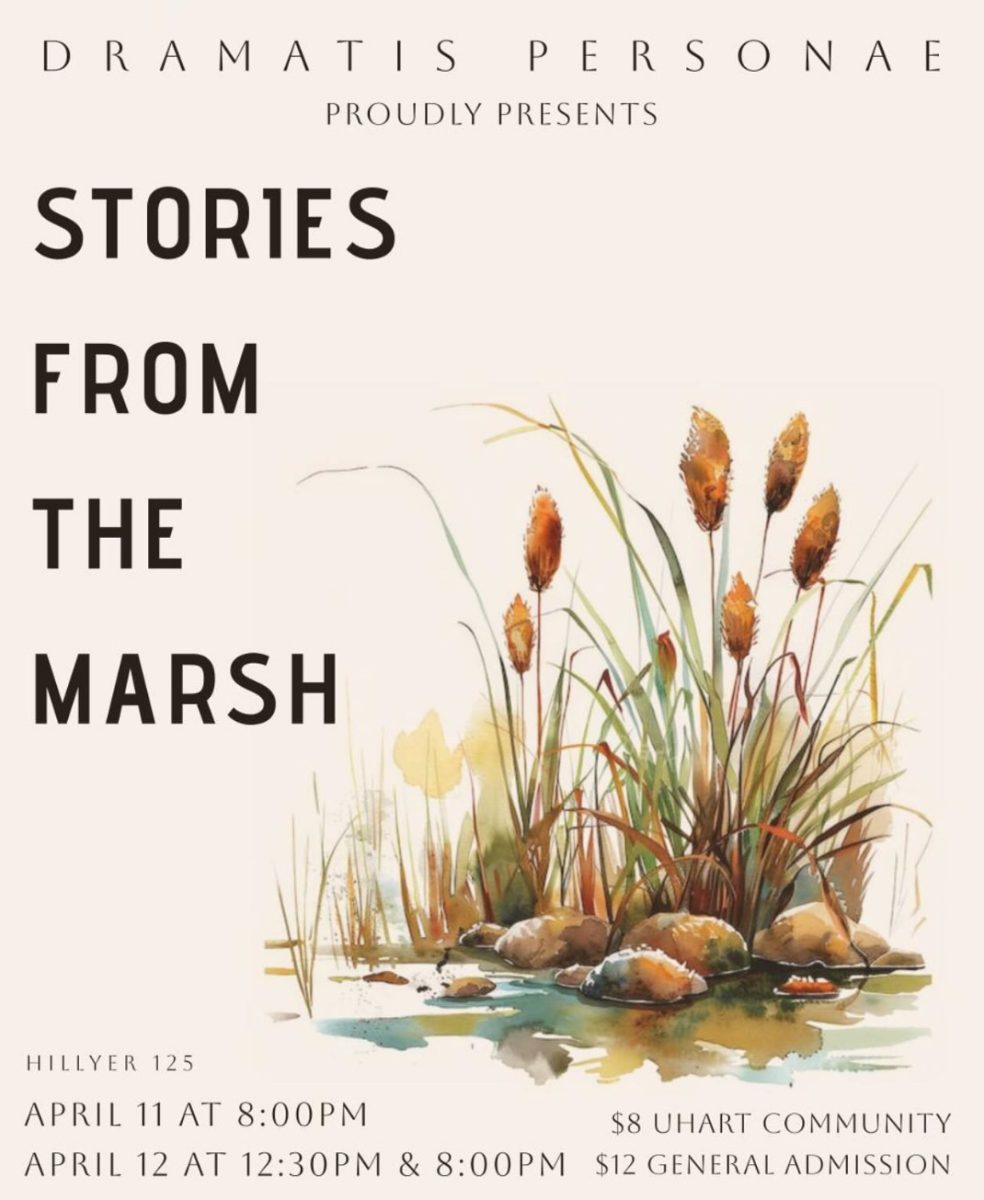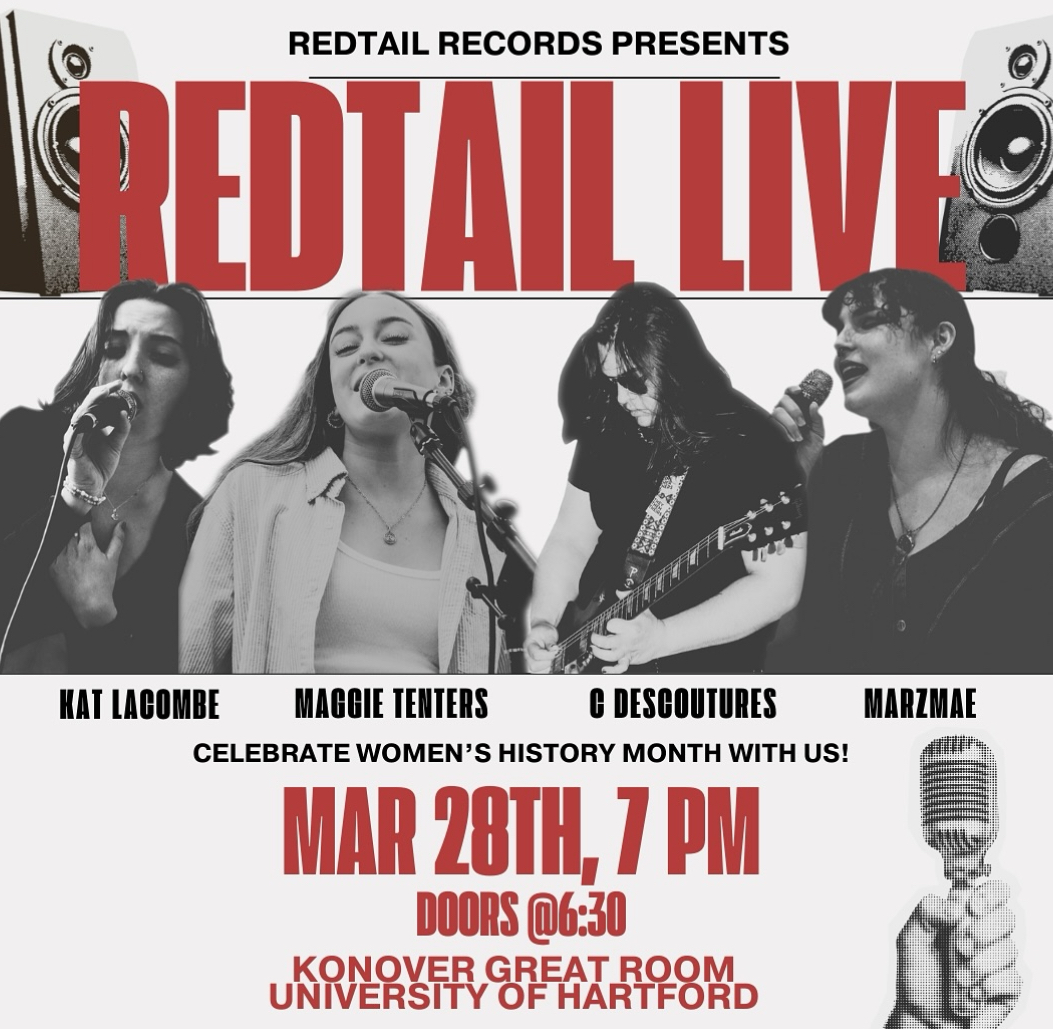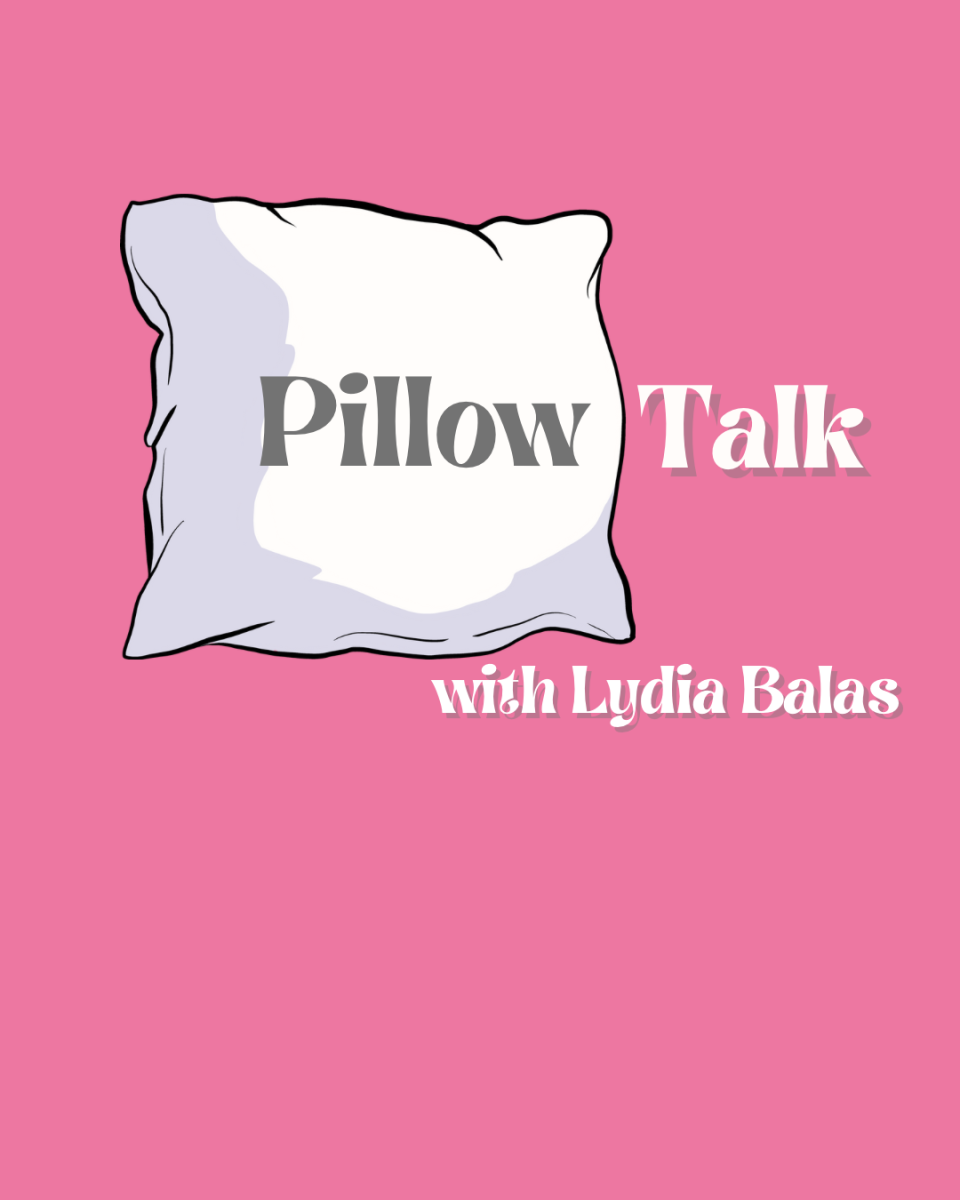David Mills
November 17, 2021
Recently Uhart was the gracious host to poet David Mills. Mr. Mills came to our lovely university to discuss his newest book Boneyarn, David Mills is an established poet who has both a BA and MA in Creative Writing. His latest work Boneyarn is about New York’s largest African Burial Ground. This burial ground is the resting place of many enslaved and freed African Americans, some Native Americans, and even a small number of poor or indentured whites. The collection of Boneyarn gives a voice to the nameless and creates beautiful pieces based on racial injustice, inequality, and the story of slavery to freedom. We thankfully had the chance to interview David Mills before he left our campus to continue with his busy schedule. Here is how the interview went:
1) Was there a passage that you found difficult to write, and if so, which one was it? Follow-up question, was there a passage that you found easy to write?
Mills stated that writing about the mistreatment of his ancestors was difficult and will always be. Technique wise Mills found that there were only a few pieces that took some dedication to write. His work titled The Body’s of Metropolis, for example, required him to do deep research to write it. He had to read a book titled New York Burning. The book is about the dozens of fires that happened between March 18th and April 6th of 1741. Mills found it difficult to condense the information without losing the value and importance of the stories.
Mills found it challenging to say if there was an easy poem to write. He said that some ideas for poems came to him in dreams which inspired him to write the second that he woke up. In his poem, Whistlelo Mills said this poem came pretty quickly due to the hypocrisy of there being free negro yet enslaved negro who in the case of this poem lived under the same roof yet had different laws that they had to follow. His favorite is the last line, “Where’s my war?” he didn’t feel the need to work for it. It allowed the poem to speak for itself.
2) I noticed that you included poems about chimney sweeps, who were white indentured servants. What made you want to include them in this piece?
Mills included this because it is not popularly known that there were indeed black chimney sweeps. This was included to shine a light that this was not just an issue for white males but to show the erasure of slavery that happened.
3) When you visited our class on Wednesday, you showed a writing technique using the 5 W’s that was very interesting. Do you use other writing techniques like that to write your pieces?
He brought up the technique of using a thesaurus to change the wording and meaning of a poem. The example that he gave is that if he writes “I go to the store” and changes “go to” to “run,” it provides urgency to the reader, thus changing the poem with just one word.
4) When you aren’t writing, what do you like to do for fun?
Mills described himself to be a spiritual guy who is a Buddhist and likes to travel. He has been to five different continents and found them to be beautiful. However, to him, writing is not just a job. Writing is fun.
5) Are you currently working on anything now or are you taking a break and looking for ideas?
David Mills says that writing is rewriting. He is always writing, whether it is a revision or creating drafts for fun. He is currently trying to get out some manuscripts on slavery soon!









